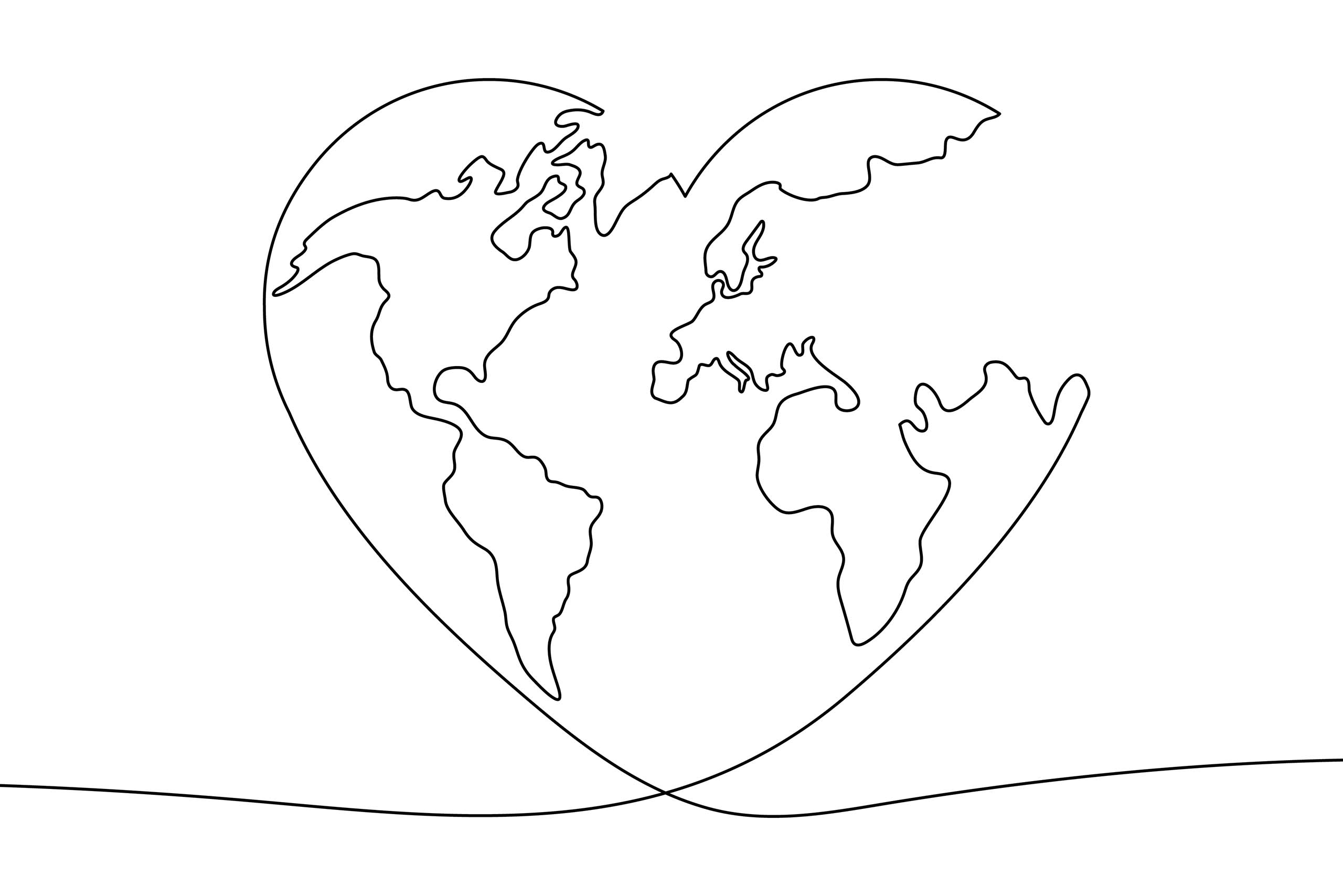A destination wedding can be a stunning and memorable way to celebrate your marriage, but before you start booking flights or sending invitations, it’s essential to pause and ask:
Is this the right fit for us?
Your wedding marks the beginning of something much bigger. While the day itself may be beautiful, it’s your communication, values, and shared priorities that set the tone for your marriage. Choosing how and where you get married should be a thoughtful decision, not just a trendy one.
Let’s break down the pros, cons, costs, and key questions to help you make a confident choice.
The Pros and Cons of Destination Weddings

Destination weddings are appealing for several reasons. Whether you want to whittle down your guest list, get married somewhere that has deep meaning for you, or potentially save on costs, here are some pros and cons to consider:
The Upside
- Smaller, More Meaningful Guest List
Destination weddings naturally filter the crowd. Instead of 200 acquaintances, you’ll likely celebrate with 50–100 of your closest people. That’s a win if intimacy is your goal.
- Built-in Honeymoon
You’re already somewhere different and exciting. You get to skip the post-wedding travel stress and start enjoying your new chapter immediately.
- Stunning Backdrops
Whether it’s a sunset on a Maui beach or a ceremony in the hills of Tuscany, destination weddings bring a natural “wow” factor.
- Memorable for Everyone
It’s more than a wedding, it’s an experience. Your guests are sharing in a mini-vacation, and that shared time can be incredibly special.
The Challenges
- Costs Can Add Up Quickly
While a smaller guest list helps control the budget, international logistics and multi-day events can add unexpected expenses. And while your guests may cover their travel, it’s still a big ask.
- Complex Planning Logistics
Time zones, legal marriage requirements, and language barriers can turn the simplest plans into detailed projects.
- Gaps in Attendance
Travel restrictions, health issues, or work conflicts may make it difficult for certain loved ones to attend.
- Extra Hosting Expectations
Guests who travel for your wedding will likely expect more than a 30-minute ceremony and some cake. Think welcome dinners, group outings, and maybe a farewell brunch. It’s memorable, but it’s a commitment.
Destination Wedding vs. Traditional Wedding: What’s the Cost?

Destination weddings aren’t necessarily more affordable.
In the U.S., the average traditional wedding costs around $33,000. Here in Los Angeles, weddings can cost close to $250,000, if not more. Destination weddings tend to fall in the $60,000–$100,000 range, if not substantially more depending on guest count, location, and the scope of the event.
Cost Factors to Consider
- Travel and Lodging
Some couples help cover travel or lodging for close family or the wedding party. Even if you don’t, you’ll still have your own travel, accommodations, and possibly some guest hosting expenses to budget for.
- Venue Fees and Packages
All-inclusive resorts can be cost-effective, but be sure to understand what’s actually included. Vendor restrictions or hidden fees can drive costs up.
- Marriage Legality
Getting legally married abroad may require extra documentation or residency. Many couples choose to handle the legal marriage at home and have a symbolic ceremony at the destination.
- Vendors
Hiring local vendors can save money, but it may also create challenges if you’re unfamiliar with the area. Some couples choose to fly in trusted vendors, which adds to the price tag.
Bottom line: Destination weddings can absolutely be done on a reasonable budget, especially with a small guest list. But they also have the potential to stretch your time, money, and energy if you’re not careful.
How to Know If a Destination Wedding Is Right for You

It’s not just about the view or the guest count. It’s about how you want to start your marriage, and what matters most to you as a couple.
Ask yourselves:
- Are we both excited about the idea?
This needs to be a joint decision. One partner shouldn’t feel like they’re compromising just to keep the peace.
- Can our most important people realistically attend?
Think about who you want standing beside you. If key people can’t make it, how will that feel?
- Do we enjoy planning and hosting?
Destination weddings require coordination and flexibility. If that sounds fun to you, great. If it sounds exhausting, that’s worth considering.
- What kind of wedding reflects our values?
If you’re drawn to travel, adventure, and experiences over formality, a destination wedding might feel just right. If family traditions and a larger gathering matter more, a local celebration could be a better fit.
Whatever you choose, the most important thing is that it feels aligned with who you are as a couple.
Real Talk: The Wedding Is One Day. The Marriage Is Forever.

You’ve probably heard this before, but it bears repeating.
Your wedding will be beautiful, wherever it takes place. But your marriage deserves the most thought, intention, and care.
The conversations you have while planning your wedding—about money, priorities, family, and expectations—are not distractions. They are the foundation of your relationship.
That’s also why I encourage couples to talk about a prenup—not because they’re planning for failure, but because they’re planning for transparency.
A prenup isn’t just a legal document. It’s a process that requires communication, honesty, and trust. If you can handle that conversation together, you’re already building a stronger partnership.
Final Thoughts

For the right couple, a destination wedding might be the perfect way to solidify your union. The key is to weigh the pros and cons with clear eyes and open hearts and to make the decision together. But remember, you should be spending more time planning for your marriage than planning your wedding.
Tying the knot soon and looking for someone to guide you through the legal and financial side of that journey? Book a consultation call with me today. I’m passionate about helping couples construct prenups that support a lasting marriage, well beyond the wedding day.